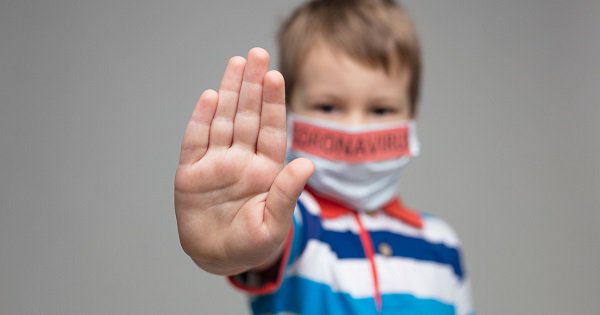Children and Coronavirus (COVID-19) – what do you need to know?
- Children do not appear to be at higher risk for COVID-19 than adults. This virus is similar to other viruses that lead to cold, cough, fever, vomiting and diarrhea.
- Children need supportive treatment with adequate fluids and nutrition, and medications to control fever. It is best to consult and show your pediatrician if there are any concerns regarding fever, breathing problems or inadequate intake of fluids.
- Children who are susceptible to febrile seizures or epilepsy, may get fits if the fever is not controlled. Give medicines for fever and medicines to prevent fits if recommended by the neurologist.
- You can encourage your child to help stop the spread of COVID-19 by teaching them to do the same things everyone should do to stay healthy.
- Clean hands often using soap and water or alcohol-based hand sanitizer
- Avoid people who are sick (coughing and sneezing)
- Clean and disinfect high-touch surfaces daily in household common areas (e.g. tables, hard-backed chairs, doorknobs, light switches, remotes, handles, desks, toilets, sinks)
- Clean items including washable plush toys as appropriate in accordance with the manufacturer’s instructions. If possible, launder items using the warmest appropriate water setting for the items and dry items completely. Dirty laundry from an ill person can be washed with other people’s items.


